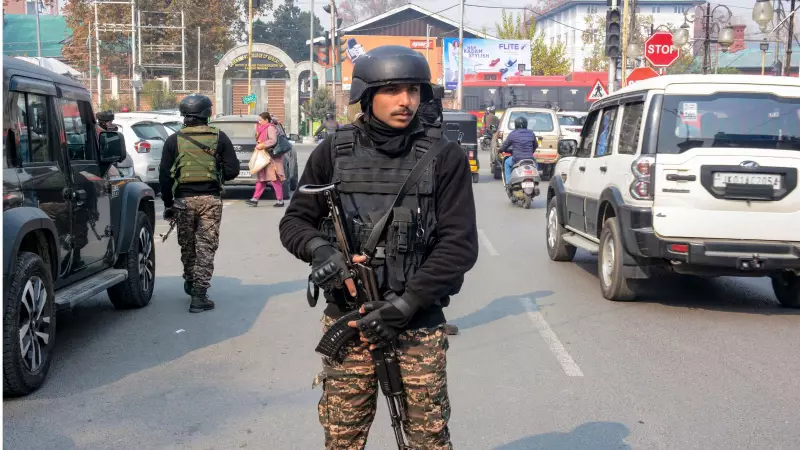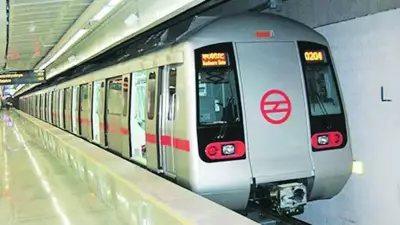
Security Crackdown in Kashmir Valley After Terror Blast
In a significant security move, the Jammu and Kashmir Police have initiated widespread inspections of chemical and fertilizer shops across the Valley. This decisive action comes as a direct response to the recent Red Fort car explosion on November 10 and the subsequent discovery of a large inter-state terror module.
The police operation, described as a "strengthening of preventive measures," has seen multiple shops and industries scrutinized over the past three days. Authorities are focusing on preventing the misuse of ammonium nitrate, a common agricultural fertilizer that has been used in recent terror activities.
Widespread Inspections Target Multiple Sectors
Beyond chemical and fertilizer retailers, the security net has expanded to include industries handling sensitive raw materials and car dealerships specializing in second-hand vehicles. The comprehensive approach aims to address multiple potential security vulnerabilities simultaneously.
"These inspections are carried out to plug all possible loopholes that could be exploited for terror or criminal activities, and to maintain a robust security environment," the police stated in an official release. They further emphasized their commitment to public safety while urging citizens to remain vigilant and report any suspicious behavior.
Recent Incidents Highlight Urgent Need for Action
The security drive gains critical context from two major incidents. The November 10 Red Fort blast is believed to have involved ammonium nitrate combined with the highly potent explosive TATP. Subsequently, on November 14, a tragic explosion occurred at the Nowgam police station in Srinagar during forensic sampling of 360 kg of ammonium nitrate seized from a busted Jaish-e-Mohammad module. This incident resulted in nine fatalities and 32 injuries.
A senior police officer explained the operational challenge: "Since it has become increasingly difficult to bring explosives from Pakistan, the militants are relying on locally available materials and ammonium nitrate is the most easily available product in the market. The Red Fort blast and the Nowgam police station blast have indicated how devastating it could also be. That's why there is this urgency."
The officer highlighted the agricultural necessity of ammonium nitrate, making an outright ban impractical. "The wide but essential use of ammonium nitrate in the agriculture sector makes it readily available in the market and the government can't afford to ban it. That's why there is a need to check its misuse," he stated, detailing that inspections involve verifying stock registers, checking documentation, and assessing storage practices and material movement.
New Security Challenges and Comprehensive Response
Another emerging concern for security agencies is the accessibility of bomb-making instructions through online platforms. A security officer revealed that the Jaish module members, including two Kashmiri doctors identified as Adil Ahmad Rather and Muzammil Ganai, allegedly learned explosive fabrication from videos available on social media platforms like YouTube.
"This is particularly dangerous in lone-wolf type of attacks. This is a new challenge and we are gearing up for it," the officer acknowledged, pointing to the evolving nature of security threats.
The vehicle inspection component addresses security concerns highlighted by the Red Fort attack, where the explosive-laden car was registered to a resident of Pampore. Police are ensuring that second-hand vehicle transfers occur through proper legal channels to prevent similar misuse.
Another police official emphasized the dual purpose of these measures: "We have to check if the regulated material is stored and moved as per the scientific norms and in specific quantities. This is essential for the safety of the people and to prevent any accidental explosion."




